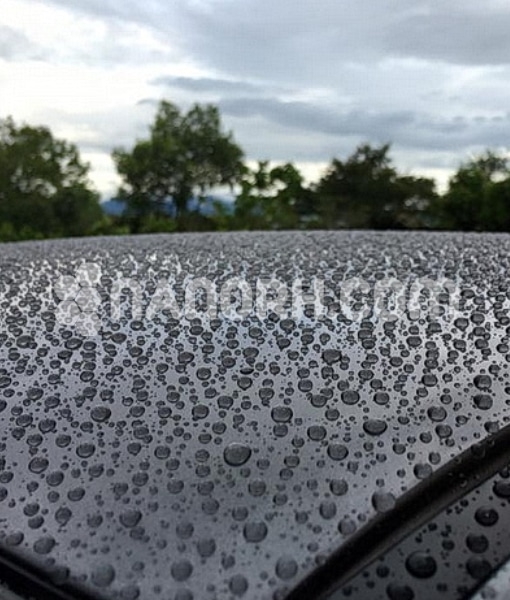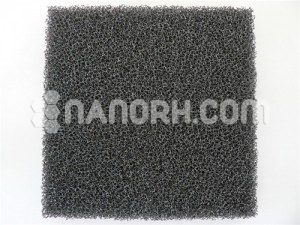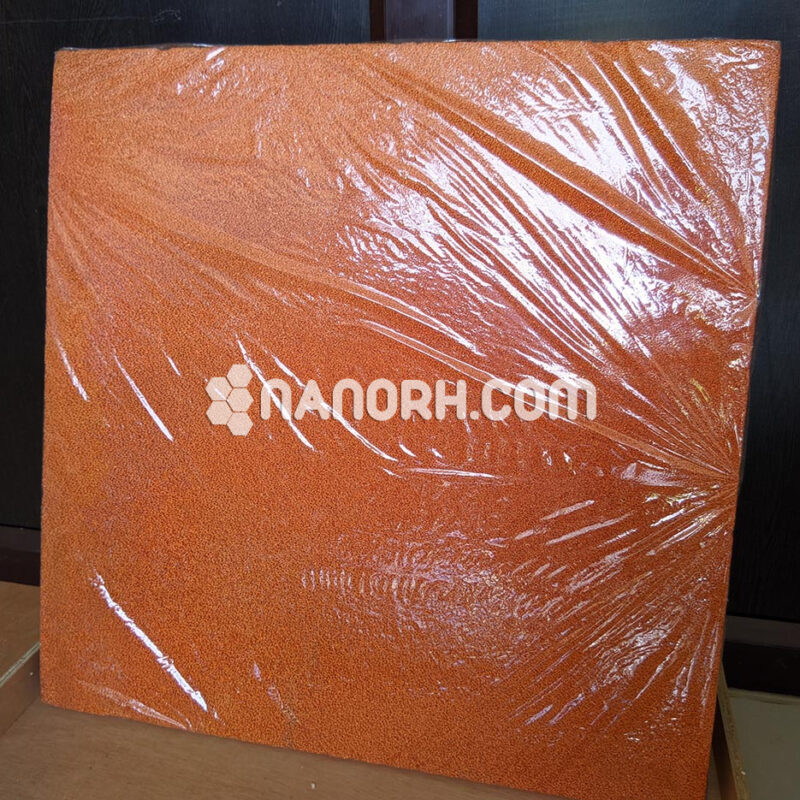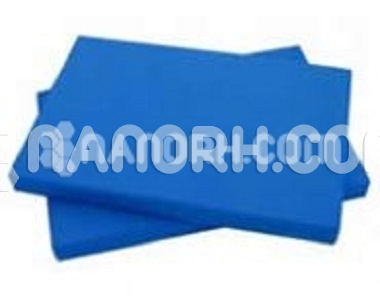| Nano Super Hydrophobic Coating | |
| Product No | NRE-53014 |
| CAS No | NA |
| Purity | 99.9% |
| APS | 20nm |
| Appearance | Colorless clear liquid |
| Water Contact Angle | 150° |
| Coverage Area | ~1.0m²100ml |
| Solvent | Petroleum ether |
| pH | 6-7 |
| Density | NA |
Nano Super Hydrophobic Coating
Nano super hydrophobic coatings are advanced materials that create surfaces with extremely high water repellency. These coatings leverage nanotechnology to impart a superhydrophobic effect, where water droplets bead up and roll off the surface rather than spreading.
Applications of Nano Superhydrophobic Coatings:
Self-Cleaning Surfaces:
Building Materials: Nano super hydrophobic applied to exterior walls, windows, and roofs to keep surfaces clean by allowing rainwater to wash away dirt and grime.
Facades and Glass: Keeps glass surfaces clean and free of water stains, reducing maintenance and cleaning frequency.
Textiles:
Water-Repellent Clothing: Used in outdoor and performance wear to make fabrics resistant to water and stains while maintaining breathability.
Home Textiles: Applied to upholstery, carpets, and curtains to protect against spills and stains.
Automotive Industry:
Windshield Coatings: Nano super hydrophobic enhances visibility by preventing water and debris from sticking to the windshield, making driving safer and reducing the need for windshield wipers.
Paint Protection: Protects car paint from water spots, dirt, and contaminants, maintaining the appearance and extending the lifespan of the paint.
Electronics:
Waterproofing: Applied to electronic devices and components to protect them from moisture and accidental spills, enhancing their reliability and lifespan.
Display Protection: Nano super hydrophobic used on screens and touch panels to keep them free from smudges and water damage.
Medical Devices:
Hydrophobic Coatings: Applied to medical devices and implants to prevent bacterial growth and improve biocompatibility by reducing the adhesion of bodily fluids.
Aerospace and Aviation:
Aircraft Components: Used to protect aircraft surfaces from water, ice, and contaminants, improving performance and reducing maintenance.
Energy Sector:
Solar Panels: Applied to solar panel surfaces to keep them clean and free of dust and water, improving efficiency and performance.
Wind Turbines: Coated on wind turbine blades to prevent water and ice accumulation, enhancing performance and reducing maintenance.




